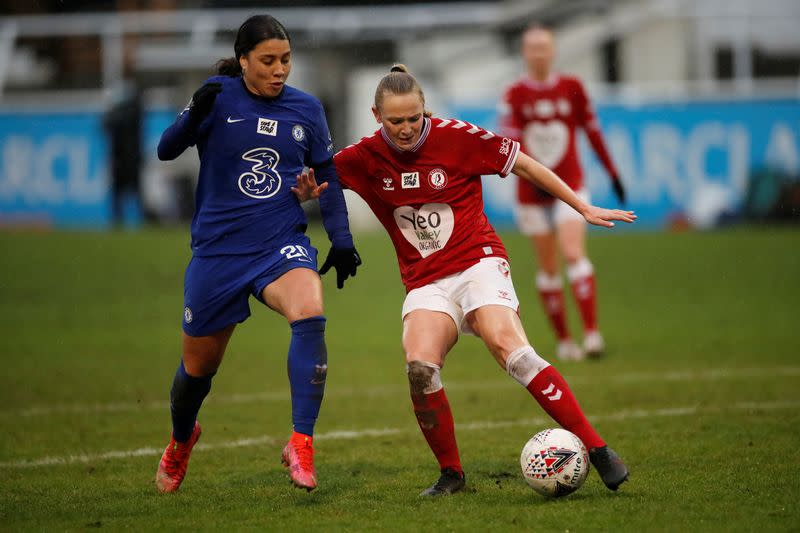This public vaccination clinic is Patel’s passion project, set up inside a school on the grounds of London’s Neasden Temple, the largest Hindu place of worship in Europe.
“Because I go to the temple it has a special meaning for me,” Patel, a local healthcare manager, said. “It’s about bringing the clinic out to the community and serving the community that I belong to.”
Brent had the highest overall age-standardized Covid-19 mortality of any local authority in England and Wales from March 1 through June 30, 2020, according to the UK’s Office for National Statistics (ONS).
Patel says as a frontline medical worker she has seen systemic inequalities continue to play out during the UK’s vaccine roll-out.
“When somebody is concerned, it’s really important you speak to them in their own language because that’s their comfort zone,” Patel explained. “Especially in the older populations, so when they come here, we have volunteers who are also able to translate.”
Patients arrive by appointment and, after a pump of hand sanitizer and a quick check-in process, they are ushered into one of the 12 vaccination pods erected in the school’s drama room.
Some 35 volunteers, many of them members of the temple, support the bustling operation, often switching between multiple languages to address their mostly elderly arrivals.
“It’s very empowering, especially because we’re giving back to our local community. Not just members of the temple, but members of the local area.” one of the volunteers told us, “It gives a real sense of community spirit, trying to help other people.”
Inside every pod there is a story — a Hindu worshiper and mailman eager to get vaccinated for his daily runs, an Iraqi woman in need of an Arabic translator to relay her medical history, a couple keen to get vaccinated so they can visit their children in Los Angeles.
“It is quite emotional seeing the temple and seeing all the community people here, as well, from the Temple,” Ranjana Patel said after getting her vaccination, “When I saw Hasmita I was very, very excited to see her!”
Socio-economic deprivation and entrenched health inequalities are partly to blame for the disproportionate impact of Covid-19 on ethnic minority communities, but a local government report also acknowledged critical mistakes in outreach and messaging at the start of the pandemic.
Now as vaccinations are rolled out at breakneck speed across the UK, studies show that minority groups have higher vaccine hesitancy and lower trust in public institutions, a potent combination that could cost precious lives.
That’s why choosing home turf, the iconic Neasden Temple, holds deep meaning for some of London’s hard-hit Hindu families. Similar vaccination sites have popped up in mosques and other places of worship in the nationwide effort to immunize the population.
“This will give an enormous amount of confidence to the local community that this vaccine is safe,” Tarun Patel, the Temple spokesman said, “because people trust the temple and I think this will go a long way in taking away some of the misconceptions about the virus and the vaccine itself.”
The temple also runs its own awareness campaign publishing near daily videos in English and Gujarati to explain the latest government guidelines and debunk misinformation circulating on social media.
Patel says those videos have made an impact on those who may have been reluctant to take the vaccine.
“Because it has religious leaders explaining about having the vaccination, I think that the community feel more comforted,” she said.
Local champions such as Patel have stepped in to fight for their own, where other public leaders appear to have let minority communities down.
By giving her community the chance to lead locally on the most important health project of our time and improve Britain’s largest vaccination program in history, Patel hopes to chip away at structural inequities.
“I am very proud of this clinic and not just because it’s a clinic that’s so successful, but also because we’re right opposite the temple,” Patel said.
“Every day, when I come in, I can view the temple, and I can feel satisfied that I’m in my community and I’m serving the community.”
Nada Bashir and Li-Lian Ahlskog Hou contributed reporting.










